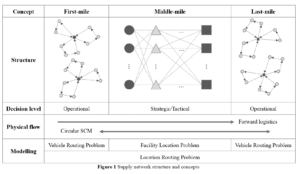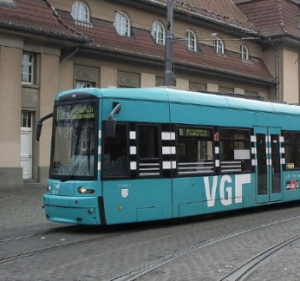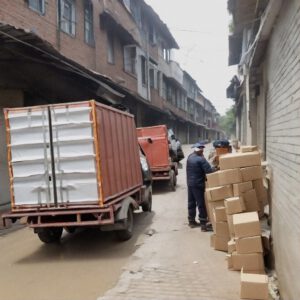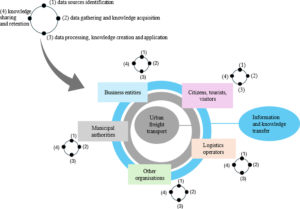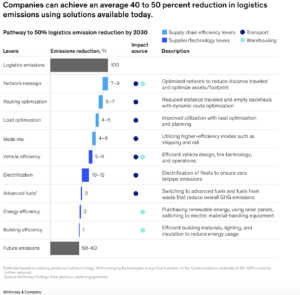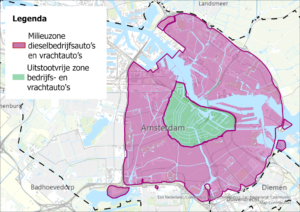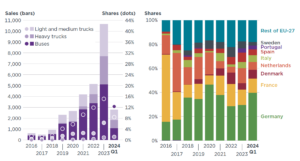Research: analyzing shared mobility markets in Europe
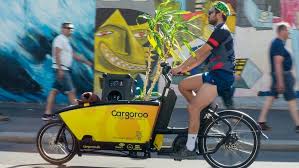
The progression of shared mobility across Europe is remarkable. While station-based car and bike sharing have a longer history, particularly in major European capitals, recent advancements in modal types and operational models have significantly transformed the shared mobility landscape. Rapid expansion by private organizations has broadened access to shared mobility services across Europe. However, not …


